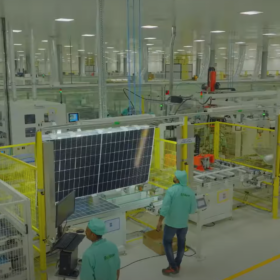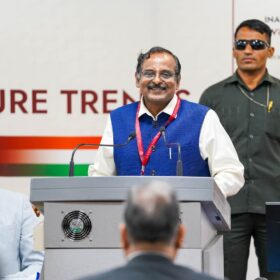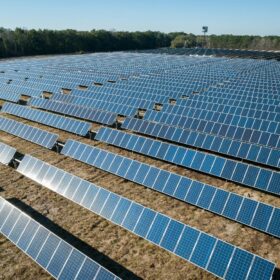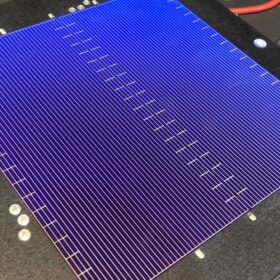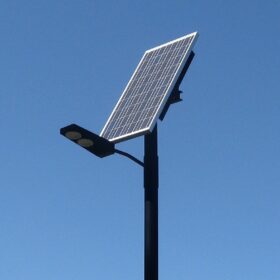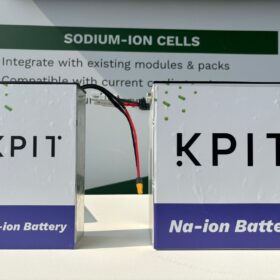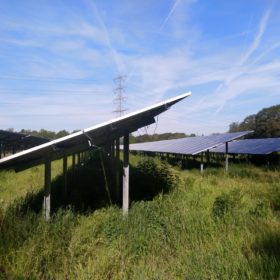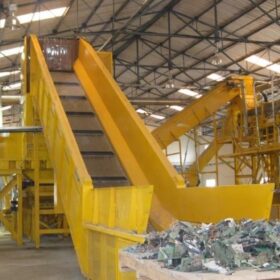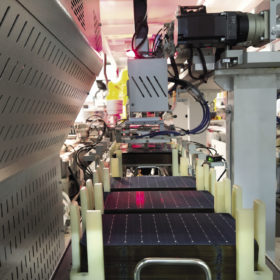ReNew reduces solar module, cell prices following GST cut
ReNew Energy Global Plc (ReNew) has announced price reduction in its solar modules and cells, following the Government of India’s landmark decision to lower goods and services tax (GST) on renewable energy equipment from 12% to 5%, effective September 22, 2025.
The Hydrogen Stream: “Hydrogen to play transformative role in India’s space missions, transportation, and clean energy future,” says ISRO Chairman
Hydrogen is set to play a transformative role in India’s space missions, transportation, and clean energy future, said Dr. V. Narayanan, Chairman, Indian Space Research Organisation (ISRO), at a National Workshop on “Hydrogen Fuel Technologies and Future Trends” held at Alliance University, Bengaluru, in association with Indian Institute of Science.
CERC to finalise virtual PPA guidelines soon
The Central Electricity Regulatory Commission (CERC) is set to release final guidelines for virtual power purchase agreements (VPPAs), potentially unlocking financing opportunities for over 40 GW of uncontracted renewable energy projects across the country.
MNRE proposes ALMM for solar wafers
The Ministry of New and Renewable Energy (MNRE) has proposed the inclusion of solar wafers under the Approved List of Models and Manufacturers (ALMM), in a move aimed at promoting domestic manufacturing across the entire solar cell value chain. The ALMM for solar wafers will come into effect on June 1, 2028.
US authorities warn of hidden radios in PV-powered highway infrastructure
The US Federal Highway Administration (FHA) has warned that cellular radios have been found in unspecified foreign-made inverters and batteries used in PV highway infrastructure, according to Reuters. pv magazine speaks with cybersecurity expert Uri Sadot about the risks.
India Energy Storage Alliance (IESA) welcomes the new tax regime under GST 2.0
The India Energy Storage Alliance (IESA) has welcomed the streamlining of the GST rate for all advanced batteries under heading 8507 to a uniform 18%, replacing the earlier regime where lithium-ion batteries were taxed at 18%, while other chemistries attracted a 28% GST.
ALEMAI calls for policy intervention to support domestic aluminium extrusion manufacturers
Amid rising demand from the solar energy sector, the Aluminium Extrusion Manufacturers Association of India (ALEMAI) has urged the government to take urgent policy measures to reduce dependence on imported aluminium extrusions and support domestic manufacturers.
Cabinet approves INR 1,500 crore incentive scheme for critical mineral recycling
The Union Cabinet, chaired by Prime Minister Narendra Modi, has approved an INR 1,500 crore incentive scheme to develop recycling capacity in the country for the separation and production of critical minerals from secondary sources.
Bangladesh scraps 5.68 GW of solar
Bangladesh has canceled 5.68 GW of planned solar capacity across 34 projects after developers failed to secure implementation, power purchase or land lease agreements, raising investor concerns over policy stability.
GST on solar cells, modules cut to 5%
India’s Goods and Services Tax (GST) Council has announced a reduction in the GST rate on solar cells—whether or not assembled into modules—from the current 12% to 5%. The revised rates will take effect from September 22.
